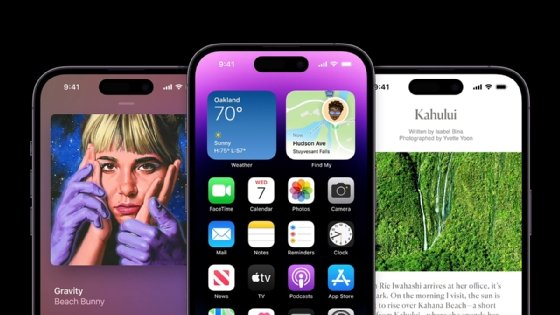smartphone addiction (cellphone addiction)
What is smartphone addiction (cellphone addiction)?
Smartphone addiction is a disorder involving compulsive overuse of mobile devices, usually quantified as the number of times users access their devices and/or the total amount of time they are online over a specified period.
Technology addiction and smartphones
Compulsive smartphone use is just one type of technology addiction. However, other technologies prone to overuse, like social media and gaming, are often accessed through mobile devices. Smartphones lend themselves to overuse because, unlike a desktop or laptop, they can be easily carried anywhere the user goes.
As a result, the devices are increasingly the user's primary computing device. Data plans and near-ubiquitous Wi-Fi make connectivity possible from almost anywhere. The integration of various apps, social media platforms and constant notifications contributes to the high potential for overuse.

Characteristics and behaviors of smartphone addiction
Although phone addiction is not yet classified as a psychological disorder, experts have identified problematic patterns and behaviors. One of the most telling characteristics is the fear of losing access to one's phone or not having connectivity.
That anxiety is so widespread that it's been named: nomophobia, a portmanteau that stands for "no mobile phone phobia." Telltale signs of phone addiction include never or rarely turning the device off, sleeping with the device nearby and having sound-based notifications turned on.
Additionally, individuals may exhibit symptoms such as checking their phones first thing in the morning, using their phones during conversations, and feeling uneasy or anxious when their phones are not accessible.
In a study conducted by the International Center for Media & the Public Agenda at the University of Maryland, researchers took away user access to social media for 24 hours. Participants described their reactions in terms that are typical of addiction: "in withdrawal, frantically craving, very anxious, extremely antsy, miserable, jittery [and] crazy."
Further research has shown that excessive smartphone use can lead to negative outcomes, such as reduced productivity, impaired social interactions and mental health issues, like anxiety and depression.
Strategies to manage smartphone addiction
Managing smartphone addiction requires conscious effort and strategic approaches to reduce dependency on mobile devices. Here are several expert-recommended strategies that can help individuals manage their smartphone use effectively:
- Set specific times for phone use. Establish designated times during the day when you can use your smartphone. This helps in creating boundaries and prevents constant checking of the device.
- Turn off nonessential notifications. Disable notifications for apps that are not crucial. This reduces interruptions and the urge to check your phone frequently.
- Engage in other activities. Find alternative activities that do not involve screen time, such as reading a book, exercising or spending time outdoors. Diversifying your activities can reduce your reliance on your smartphone for entertainment or engagement.
- Utilize apps designed to limit screen time. There are several apps available that help track and limit your screen time. These apps can provide insights into your usage patterns and set restrictions to help manage your smartphone use more effectively.
- Create a tech-free environment. Designate certain areas or times in your home where smartphones are not allowed, such as during meals or before bedtime. This can help reduce the habit of mindlessly scrolling or doomscrolling and improve face-to-face interactions.
- Practice mindfulness and self-awareness. Be mindful of your smartphone use, and recognize when it becomes excessive. Self-awareness can help you identify triggers that lead to overuse and take steps to address them.
By implementing these strategies, individuals can better manage their smartphone addiction and foster healthier relationships with their devices.
IT and human resources can help improve well-being at work with the help of optimized tech. Check out these employee wellness apps to help minimize employees' digital strain. Also, learn about digital self-harm, where people target themselves with negative content online.